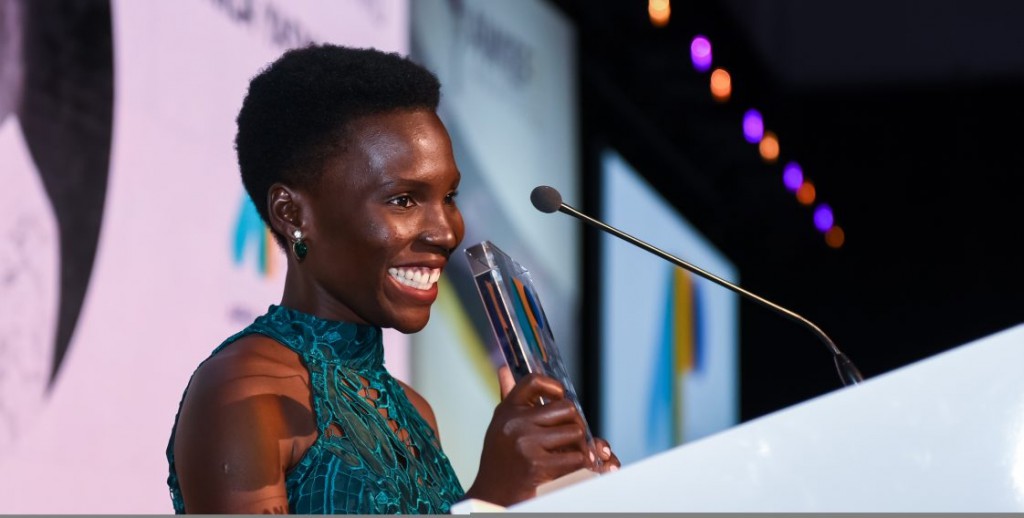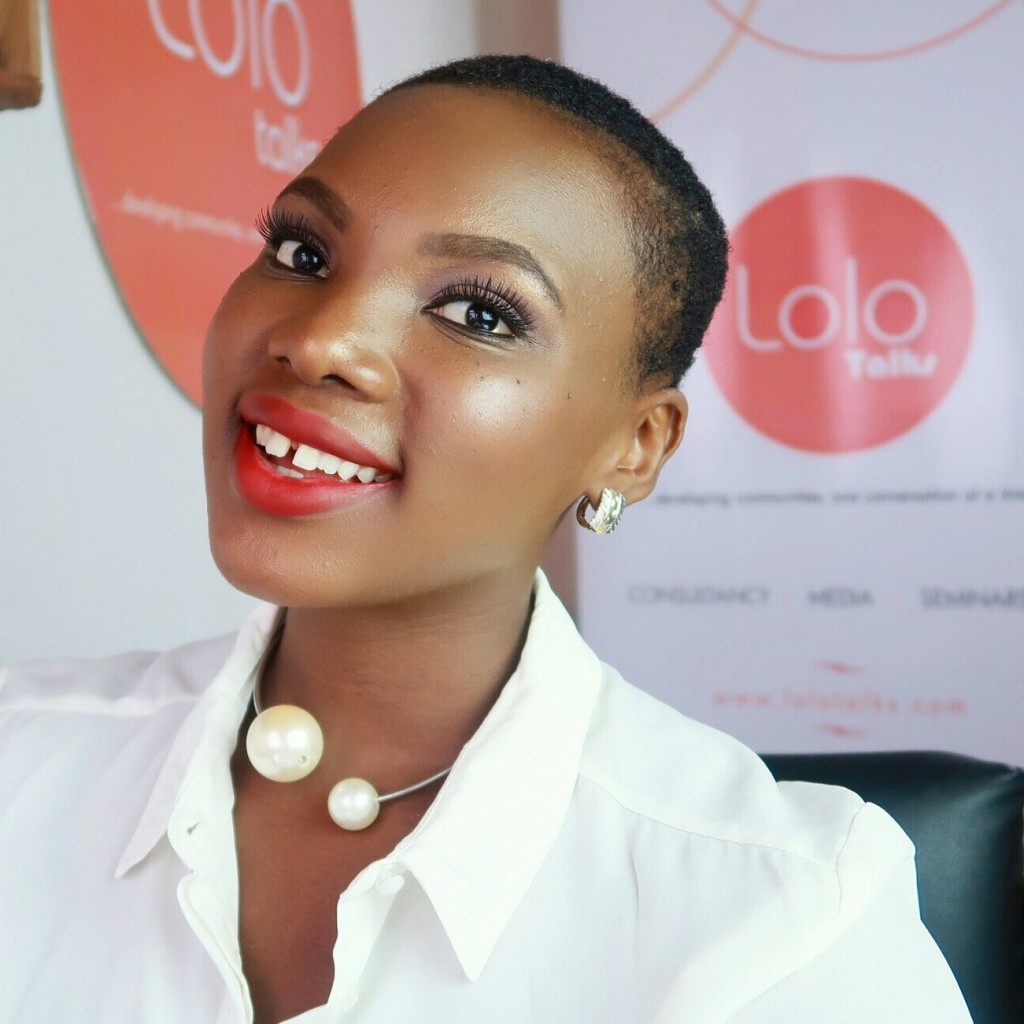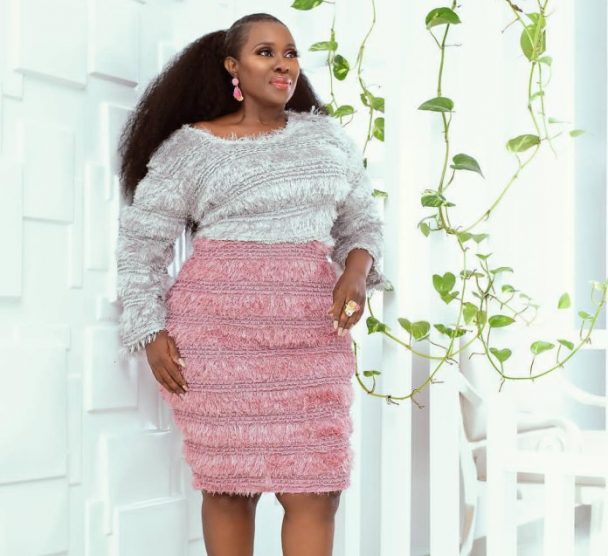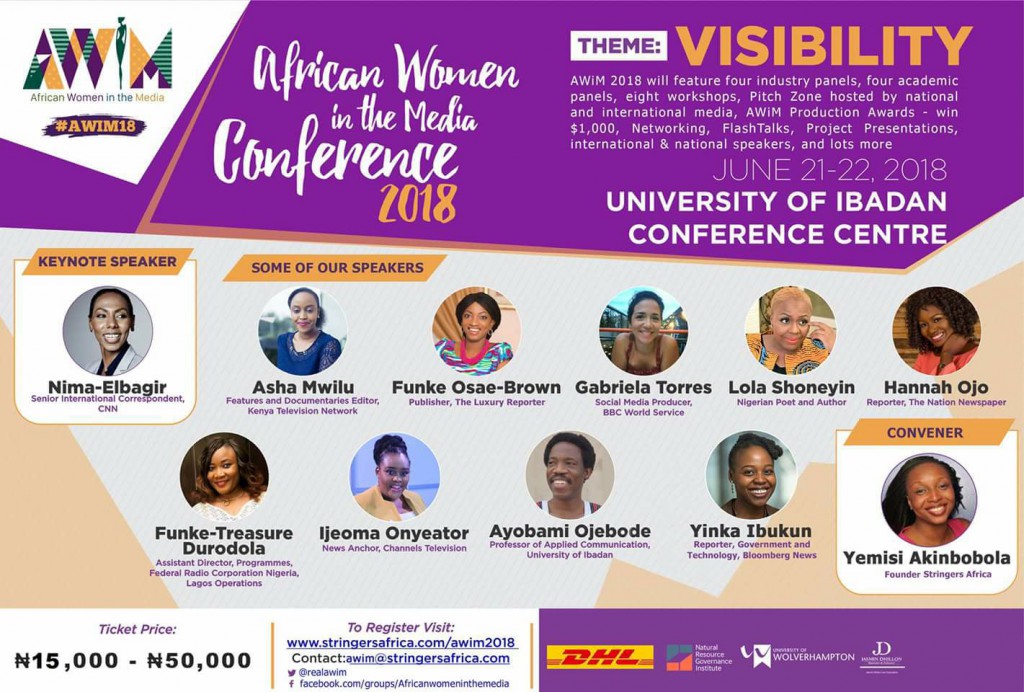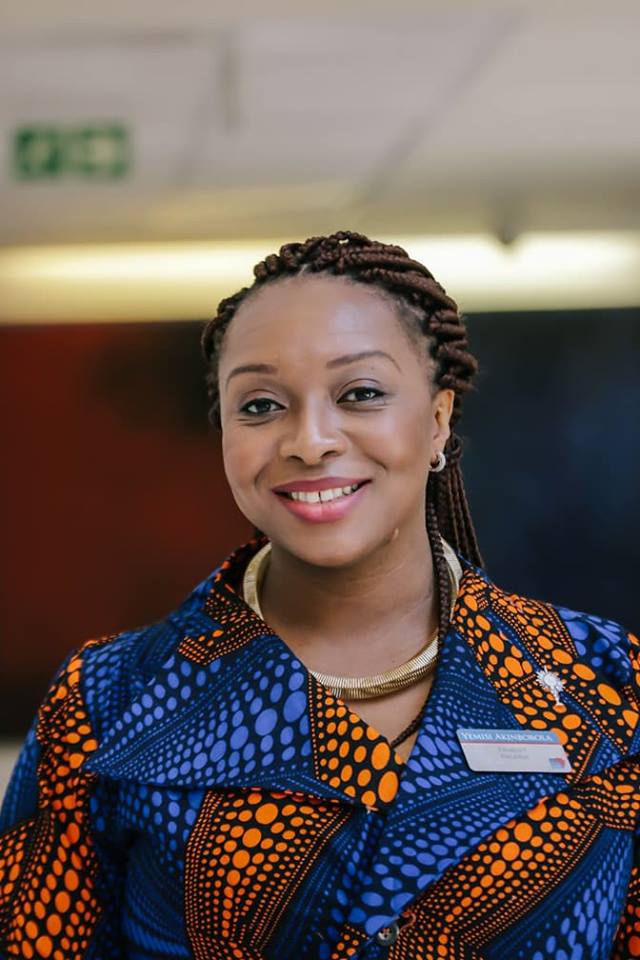As a young child, I have always known that I had something in me – a force that stirred me to push for what I wanted, to be vocal with my demands and seek to attain success. Success to me has always been my ability to be the best version of myself – and the best version of myself as a child was envisioning Lolo as a career woman; which seems like a ‘normal’ dream for many girls but from where I was standing, it was a daring goal.
I grew up in an Igbo dominated community where most of the women were 2 things- housewives married to rich men who resided abroad and always ensured that they were financially sorted; a status symbol that women craved and women who had shops opened for them by their generous husbands. I didn’t wake up to the image of women turning on their car to go to work or staying up late to meet deadlines, all of that was a foreign concept that I only saw when I watched a Hollywood blockbuster.
So imagine me with all my drive, that fire burning inside me with no one to look up to– no one to say “Wow! This is exactly who I want to be when this fire finally consumes me”. I had to diminish this fire in me because there were no women around me with the same spark, but no matter what I did to suppress it, to push myself to be the girl that the society expected me to be, the stronger the flame grew.
I knew I wanted to be more than a housewife with an abroad husband or a woman who had a shop, but the only people who I saw achieve that were men! Only men woke up early to get ready for work, only men looked stressed because they had deadlines, only men couldn’t sleep because their children’s school fees had not been paid. So I thought to myself, just maybe my mother was right, maybe Eze Ada was meant to be a boy.
So I rebelled, I had to find my kin, which meant breaking free from stereotypical female traits like passiveness, timidity, sluggishness and the need to be rescued. But rebelling regardless of how attractive the idea is, isn’t always black and white- because if you rebel just enough, you walk right into the arms of the wrong crowd- Abuse becomes a normal phenomenon because as a teenager you are oblivious to what a healthy relationship entails.
My WAEC was done; it was time to travel- the ultimate Nigerian teenager’s dream- to study abroad. I moved to South Africa with the belief that what I seek in life was only attained and desired by men but upon my arrival, what I witnessed shocked me. I saw career women both on TV and in real life- all the famous soapies had strong female characters that didn’t derive strength from their “bottom power” as I noticed in almost all the Nigerian movies I watched as a child.
I couldn’t believe my eyes, these women were bold and seen at every corner I turned, but that wasn’t my country so it didn’t change much and as a Nigerian girl those dreams I had were still exclusive to men.
It wasn’t until I came back to Nigeria as an adult that I was able to find strong women in their different career paths but as an adult I had already connected with a wider audience- I knew that I didn’t the validation anymore but I couldn’t help but ask myself – Where had they all been hiding? Why didn’t I ever see them on TV or real life as a child? What was going on?
The Need for Representation
The media is so powerful; it had the power to validate my dreams as a child because it would have shown me other women who had the same dreams and achieved them. But the media in Nigeria never showed me that, there were rarely any representation of what a fierce career would look like, that I often wonder what would have become of me if I had decided to accept what the community and media told me I could only amount to, or the thousands of young girls with that force that stirs them to push for more, the girls who believe that there must be something wrong with them!
In the world we live in, where we are constantly fighting for gender equality and girl- child education, I worry that we women in media underestimate the power we have to make that a reality. What stories are we putting out for the masses to consume? How are we portraying women; Do we still show them as weak and timid, looking for a rich husband to act as their backbone? What images are we planting in the minds of young girls who grow up in communities where the women are not empowered to demand more in life? Do we fill their heads with images that support their dreams or their everyday reality of what women should be?
We as women in media owe it to our younger selves to showcase women that exhibited traits that we possessed as children before it was beaten out of us, to tell young girls that their dreams are valid, that their boldness is indeed also a virtue in women.
Representation matters!
How do we discuss female politicians? Are we still asking them about work and family balance or do we ask them about policies? What about female engineers? Have you ever witnessed one in a Nigerian movie? Or a female teacher who’s passionate about her job, Or that market woman who sells fish and cares for her family’s finances from proceeds from her sales?
Let us tell more stories of successful women who continue to strive to be the best they can, and I am not discussing only successful women that we measure by their wealth– I am referring to everyday women who looks just like our mothers, aunties, and sisters taking charge of their lives.
There’s a widely known restaurant called Belgium situated at Mile2 Lagos that many people do not that the owner started with less than 5 chairs but 30 years later it’s become a household name with branches everywhere- word on the street is that she sent all children to university from proceeds from her “mamaput” restaurant. And then when you come over to Century Ago- Okota Lagos we see a 24-hour shop run by three generations of women- grandmother, mother, and child.
Our stories of strength, resilience, and determination as women are endless but we need to do more to show that! We can no longer expect men to tell our stories for us because only we women can give the true representation of what we as women can do and become when we set our minds to it.
*This article first appeared on African women in media

